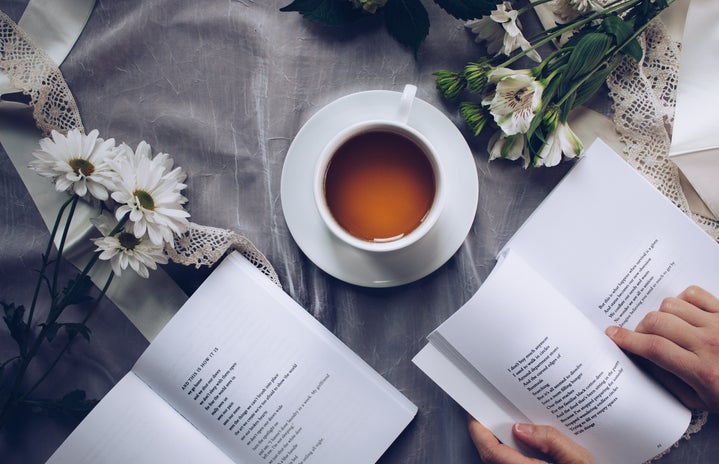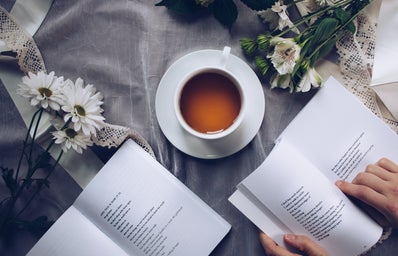Looking through my local small-town bookstore years ago, I frantically picked up The Bell Jar by Sylvia Plath. Hearing about this book on Pinterest only amplified my interest in learning what it was all about. As a 15-year-old, my brutally honest perspective on the book was discrete and simplistic. Thanks early white feminism. However, I wouldn’t blame my initially naive interpretative take on this book, as like almost every other book-hungry teenager, I failed to realize the depths of her writing even under the surface level.
One part of the novel has always stayed with me and has been etched in my memory ever since I picked up the book 5 years ago called the fig tree analogy. This might sound familiar to many, as it has taken BookTok by storm and honestly, I’m glad it did.
Now, as an almost 20-year-old, this quote is an integral part of my ‘overwhelming starter pack’, coupled with a playlist consisting of Phoebe Bridgers and Mazzy Star. It goes like this:
- “I saw my life branching out before me like the green fig tree in the story. From the tip of every branch, like a fat purple fig, a wonderful future beckoned and winked. One fig was a husband and a happy home and children, and another fig was a famous poet and another fig was a brilliant professor, and another fig was Ee Gee, the amazing editor, and another fig was Europe and Africa and South America, and another fig was Constantin and Socrates and Attila and a pack of other lovers with queer names and offbeat professions, and another fig was an Olympic lady crew champion, and beyond and above these figs were many more figs I couldn’t quite make out. I saw myself sitting in the crotch of this fig tree, starving to death, just because I couldn’t make up my mind which of the figs I would choose. I wanted each and every one of them, but choosing one meant losing all the rest, and, as I sat there, unable to decide, the figs began to wrinkle and go black, and, one by one, they plopped to the ground at my feet.”
At first glance, this rather poetic quote represents a sense of indecision that turns into an existential crisis. Well honestly, Sylvia Plath would have loved the entire dystopian equivalent girlhood movement that stratifies a very niche audience on social media.
What resonates with me and I’m sure many others about this quote, is that it portrays a gradual descent into madness. As young people, we are showered with a plethora of hopes and dreams about what we can be. Eventually, the spiral of reality checks narrows the exploration down, and sometimes, we are left with nothing at all, or worse, the dictations of what other people want us to be.
Personally, I have always been in the middle of the spectrum, somewhere between the indecision and strong-headed range. You could blame it on my zodiac sign, Libra (sigh), but holistically and in my case, this quote encompasses womanhood as well. The absolute thirst for knowledge amalgamated with the whole ‘the grass is greener on the other side’ analogy, perplexes us. The gap between our idealized self and our dictated self is too wide, and Plath’s poetry shows this extremely well.
The idea of choosing for myself makes me feel liberated, but at the same time, the overflowing glacier of choices suffocates me. Rewinding to when I first read this quote, I felt Plath was being overly cynical about her privilege of being able to choose (to be fair, I was also simultaneously reading Camus in this era). However, now that I look at it, she was far from oversimplification. There is a covert reflection of one’s addiction to freedom becoming a walking plank between practicality and idealism.

